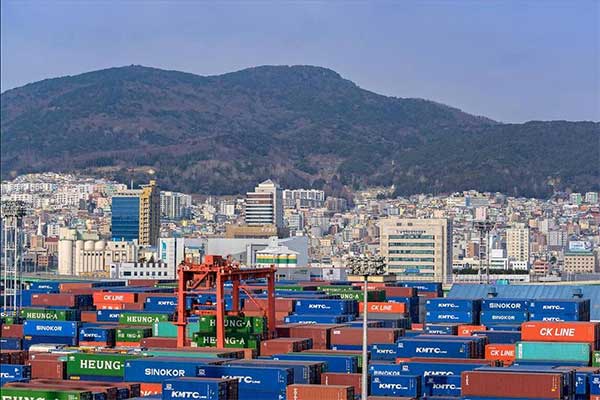
What basic qualifications are required for perfume exports?
According to the latest international trade regulations for 2025, perfume exports must meet the following requirements:
- CosmeticsProduction License(Including perfume category)
- Import and Export Rightsand customs record filing
- MSDS (Material Safety Data Sheet)(Alcohol content must be specially labeled)
- REACH Regulation Compliance Certificate(Required for the EU market)
- Proof of Origin(Prerequisite for enjoying tariff preferences)
How to Identify Professional PerfumeExport agent?
High-quality proxies should possess the following characteristics:
- Industry experience ≥5 years, provide real collaboration cases
- Check the export records of the perfume brands it has operated.
- Verify the hazardous materials transport qualification certificate number.
- Global clearance networkCover the target market
- Key focus on customs clearance capabilities in sensitive regions such as the Middle East and the EU.
- Customized logistics solutionsDesign capability
- Including special requirements such as constant temperature transportation and shockproof packaging.
What are the essential details to pay attention to in international transportation?
Key Focus Areas for International Perfume Transportation in 2025:
- Dangerous goods declaration(UN編號1133/1266)
- Alcohol content >24% must be declared as Class 3 dangerous goods.
- Packaging specifications
- Use UN-certified leak-proof containers.
- The net weight per box must not exceed 30kg (as per IATA regulations).
- Temperature - controlled transportation
- Maintain an environment of 15-25℃ to prevent volatilization and deterioration.
How to Handle Common Customs Inspection Issues?
High-frequency inspection points for perfume exports in the past three years:
- Component exceedance(Such as the EU list of prohibited flavorings)
- Label Specification(Required to include:
- Chinese-English Bilingual Ingredient List
- GHS Hazard Pictograms
- Net Content and Batch Number
- Missing certification(such as the U.S. FDA Voluntary Registration Certificate)
It is recommended to prepare in advanceCompliance Statement DocumentandThird-party inspection reportA French brand suffered a loss of $370,000 in 2024 due to the return of an entire shipment caused by failure to update IFRA standards.
What are the policy changes in emerging markets in 2025?
Latest Regulations in Key Markets:
- Saudi Arabia: Mandatory requirement for SASO certification to include a traceability certificate for flavoring ingredients.
- 2. Australia: Implement the TGA Cosmetic Notification Electronic System
- Indonesia: Minimum retail price restriction for imported perfumes (≥$50/100ml)


 Follow Customer Service WeChat
Follow Customer Service WeChat